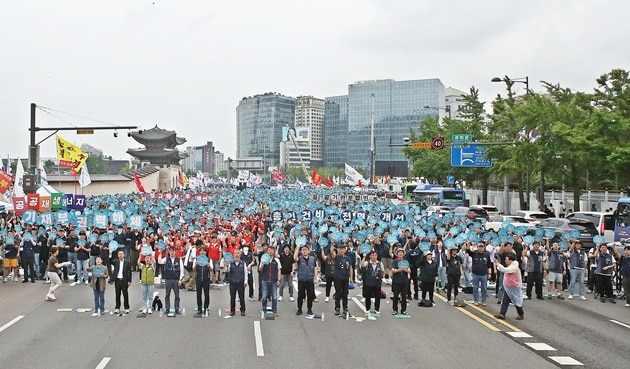The culture and entertainment sector is facing a new challenge post-Brexit. Touring and free movement of workers are essential to the sector that relies on international cooperation and cross-border mobility, but workers from the United Kingdom are now faced with significant obstacles if they want to work in the EU-27.
The EU-UK Trade and Cooperation Agreement makes no mention of cross-border mobility of productions and workers in the sector, and thus fails to take into consideration the specificity and unique needs of the culture and entertainment sector. This will lead to an unsustainable situation as workers hoping to tour in the EU will have to contact each destination country separately to ensure that they have all the necessary work permits and visas.
This puts additional pressure on an industry that is already struggling due to the global health crisis and will inevitably lead to a decline in cultural exchanges and the viability of cross-border productions.
UNI MEI affiliate BECTU, who represents workers in the culture and entertainment sector, is already seeing an impact on their members and their work opportunities in the EU. BECTU is calling on the UK government to reopen negotiations to secure a free cultural work permit for touring professionals. Please see here for BECTU’s work on this issue: BECTU – support our touring professionals
The workers’ (UNI MEI, FIM, and EuroFIA) and employers’ (Pearle*, EBU, FIAPF, CEPI, and ACT) organisations have jointly approached the European Commission with the request to open discussions on solving this issue. The letter to the President of the European Commission can be found in related files below.


